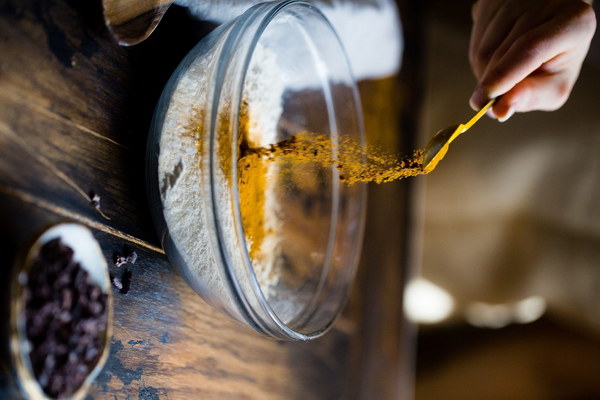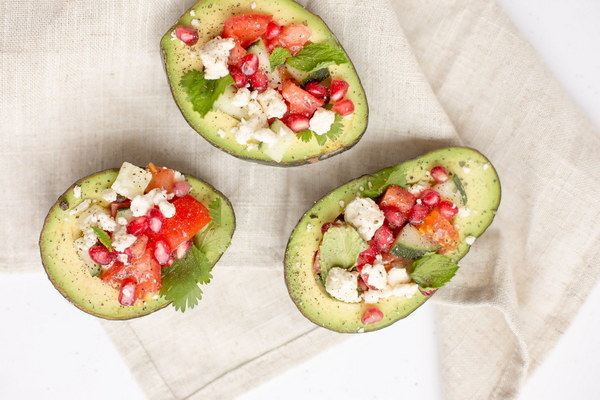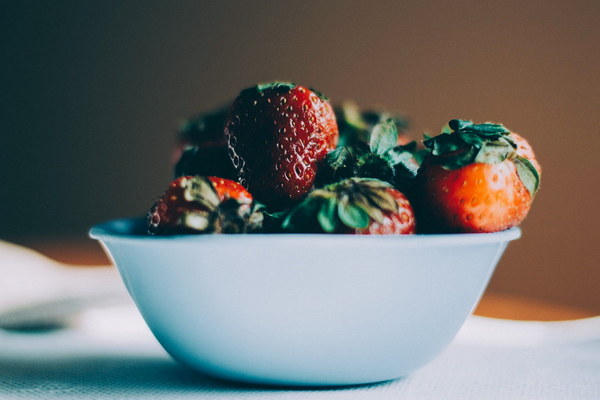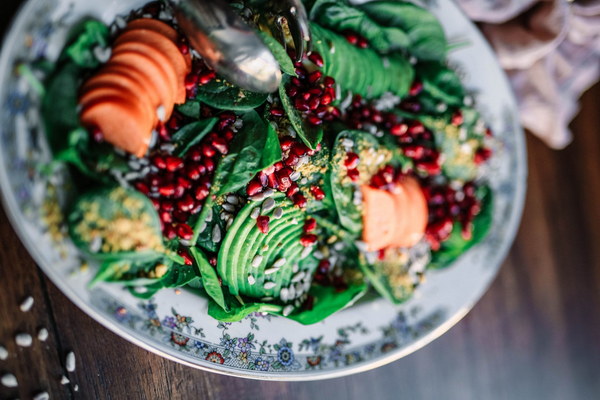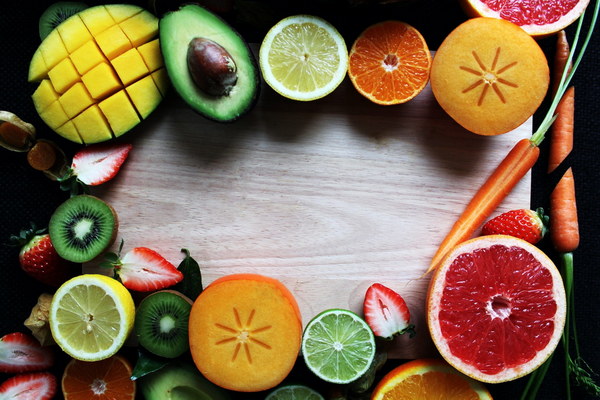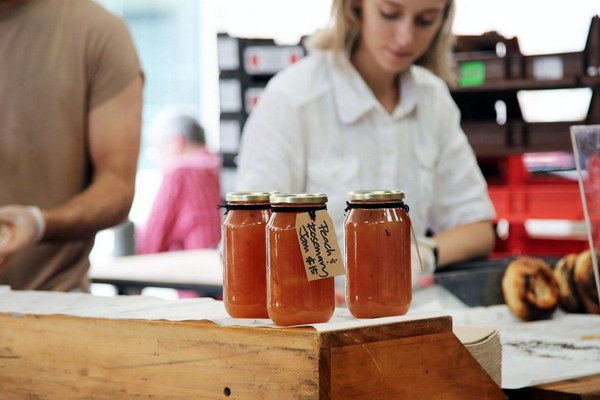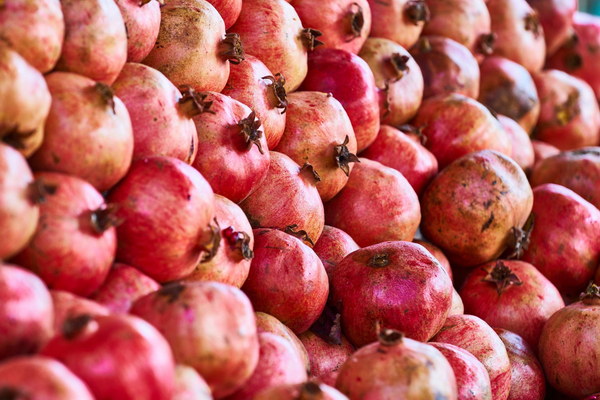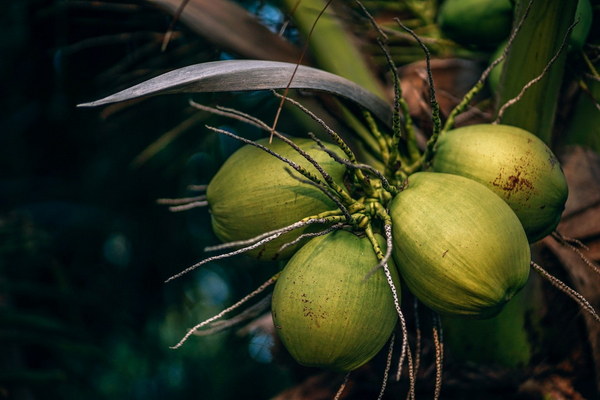Nourishing Your Body with Traditional Chinese Herbs A Journey into Pharmacological Cuisine
Introduction:
Pharmacological cuisine, a blend of culinary art and traditional medicine, has been a cornerstone of Chinese culture for centuries. This unique practice utilizes natural herbs and ingredients not only for their nutritional value but also for their medicinal properties. This article delves into the fascinating world of pharmacological cuisine, exploring its principles, benefits, and some classic recipes that can help you nourish your body from the inside out.
The Principles of Pharmacological Cuisine:
Pharmacological cuisine is based on the ancient Chinese philosophy of balancing the body's Yin and Yang energies. The practice involves selecting ingredients that not only satisfy the palate but also address specific health concerns. Here are some key principles:
1. Harmony of Five Elements: Chinese pharmacology divides the world into five elements: wood, fire, earth, metal, and water. These elements correspond to different organs and body systems, and a balanced diet should incorporate ingredients from all five elements.
2. Yin and Yang Balance: Foods are categorized as either Yin (cooling and moistening) or Yang (warming and drying). The goal is to achieve a balance between the two, ensuring overall health and well-being.
3. Seasonal Adaptation: The seasons influence the balance of Yin and Yang within the body. Pharmacological cuisine suggests consuming foods that align with the current season to maintain harmony.
Benefits of Pharmacological Cuisine:
Adopting pharmacological cuisine into your diet can offer numerous health benefits:
1. Boosts Immunity: Many traditional herbs used in pharmacological cuisine have immune-boosting properties, helping to ward off illnesses.
2. Improves Digestion: Certain ingredients aid in digestion, promoting a healthy gut and reducing the risk of digestive disorders.
3. Enhances Energy Levels: By balancing Yin and Yang, pharmacological cuisine can help increase energy levels and improve overall vitality.
4. Promotes Longevity: The practice of incorporating medicinal herbs into everyday meals is believed to contribute to longevity and a healthier aging process.
Classic Pharmacological Cuisine Recipes:
Here are a few classic recipes that demonstrate the principles of pharmacological cuisine:
1. Soothing Chicken Soup
Ingredients: Chicken, goji berries, astragalus, dates, and ginger.
Instructions:
- Boil the chicken in water with ginger.
- Add goji berries, astragalus, and dates once the water starts to boil.
- Simmer for 30 minutes.
- Serve hot, garnished with chopped green onions.
This soup is ideal for boosting immunity and nourishing the body during cold seasons.
2. Pine Pollen and Honey Confection
Ingredients: Pine pollen, honey, and a pinch of salt.
Instructions:
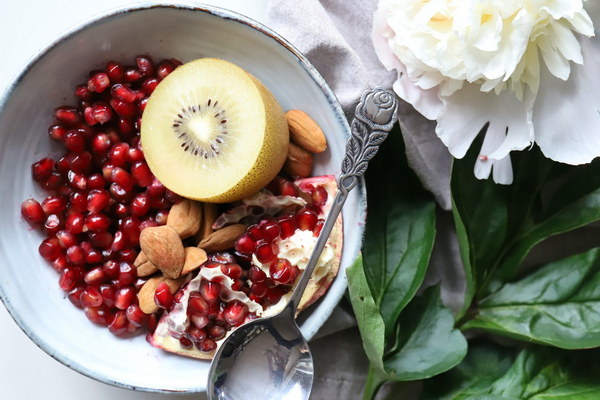
- Mix pine pollen and honey together.
- Sprinkle a pinch of salt.
- Eat as a dessert or take as a supplement.
Pine pollen is rich in vitamins and minerals, and when combined with honey, it can improve energy levels and overall health.
3. Dandelion and Green Tea Smoothie
Ingredients: Dandelion leaves, green tea, banana, and almond milk.
Instructions:
- Blend dandelion leaves, green tea, banana, and almond milk together.
- Serve chilled or warm, depending on preference.
Dandelion is known for its liver-cleansing properties, while green tea provides antioxidants and promotes digestion.
Conclusion:
Pharmacological cuisine offers a unique approach to health and wellness, combining the art of cooking with the wisdom of traditional medicine. By incorporating these principles into your daily diet, you can enjoy a taste of ancient wisdom and promote a healthier, more balanced lifestyle.
